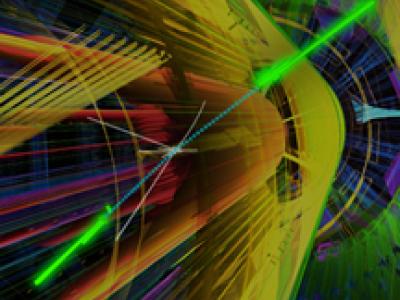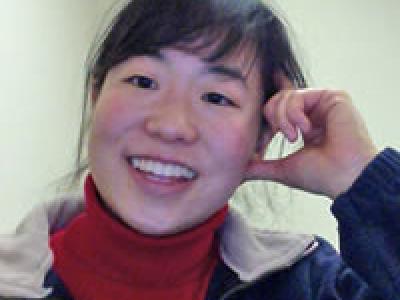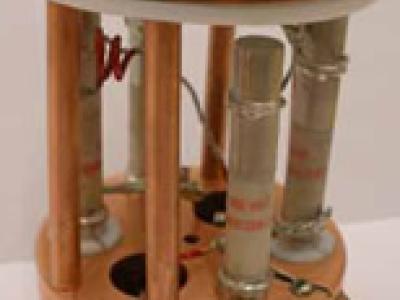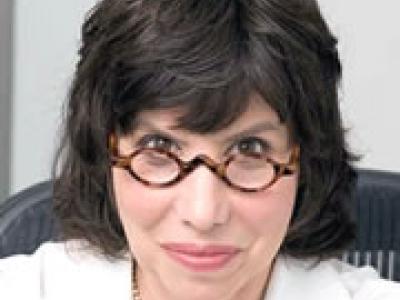Berkeley team awaits CERN results for Higgs boson
UC Berkeley physicists Beate Heinemann and Marjorie Shapiro, with their Berkeley Lab colleagues, are awaiting a July 4 announcement by their ATLAS experiment team at CERN as to whether the collaboration has detected the much-sought Higgs boson.







